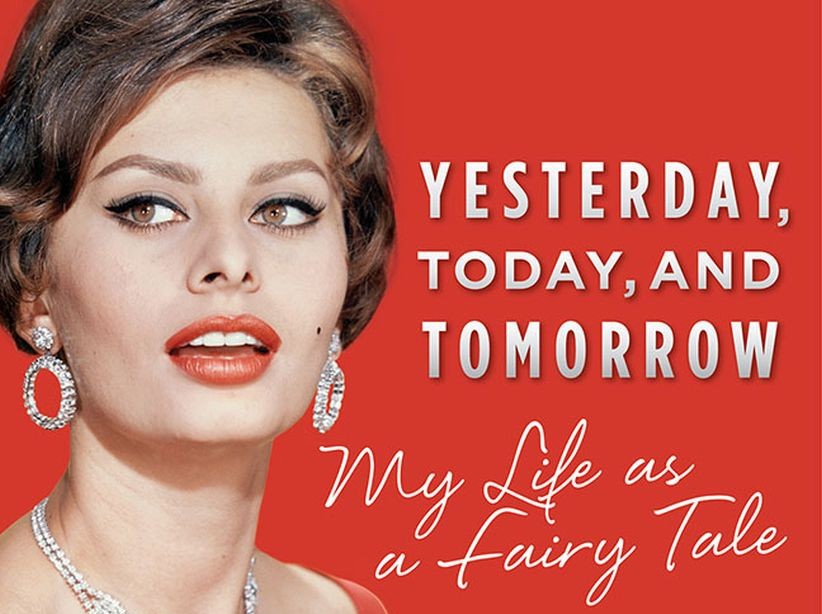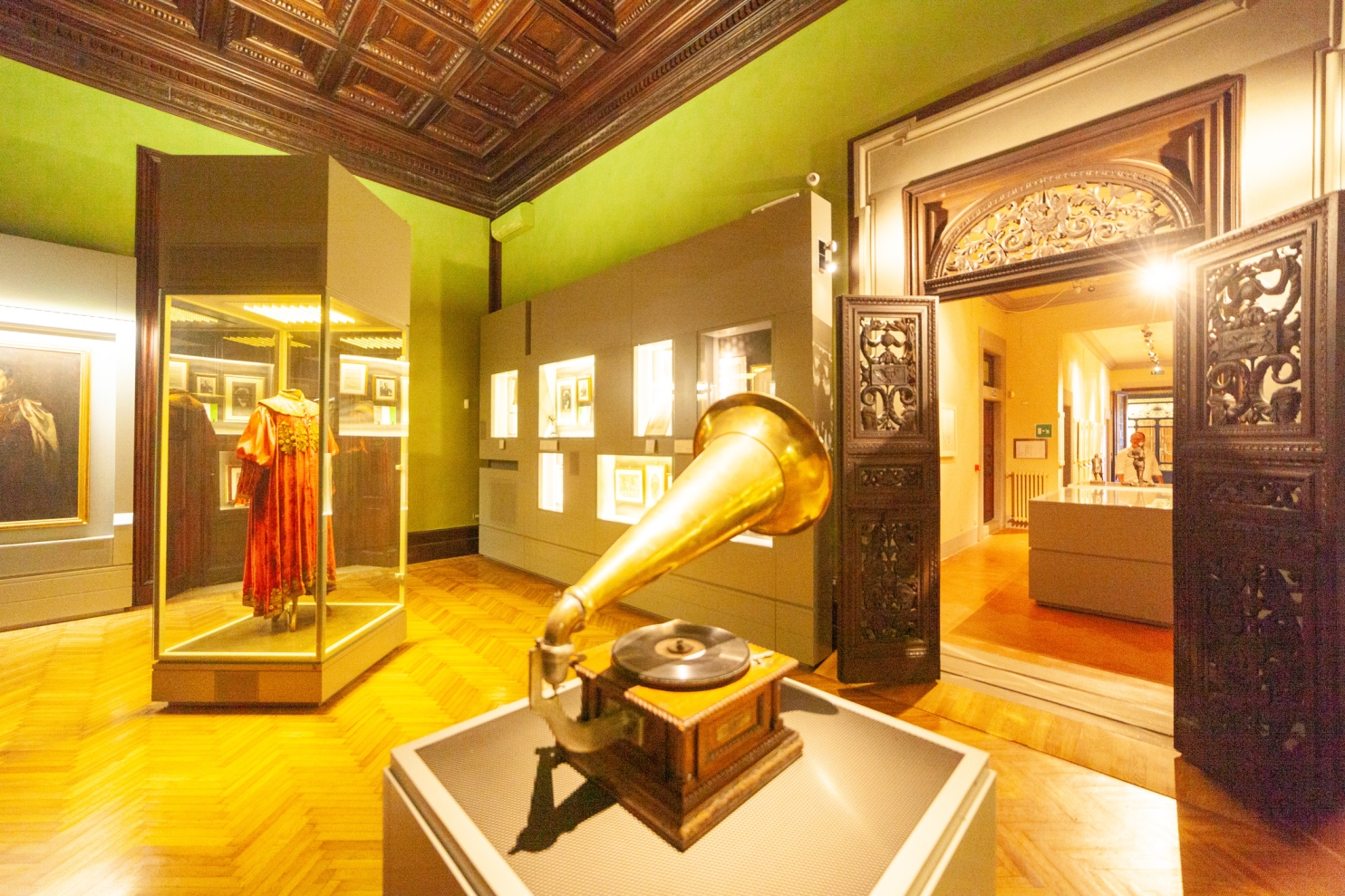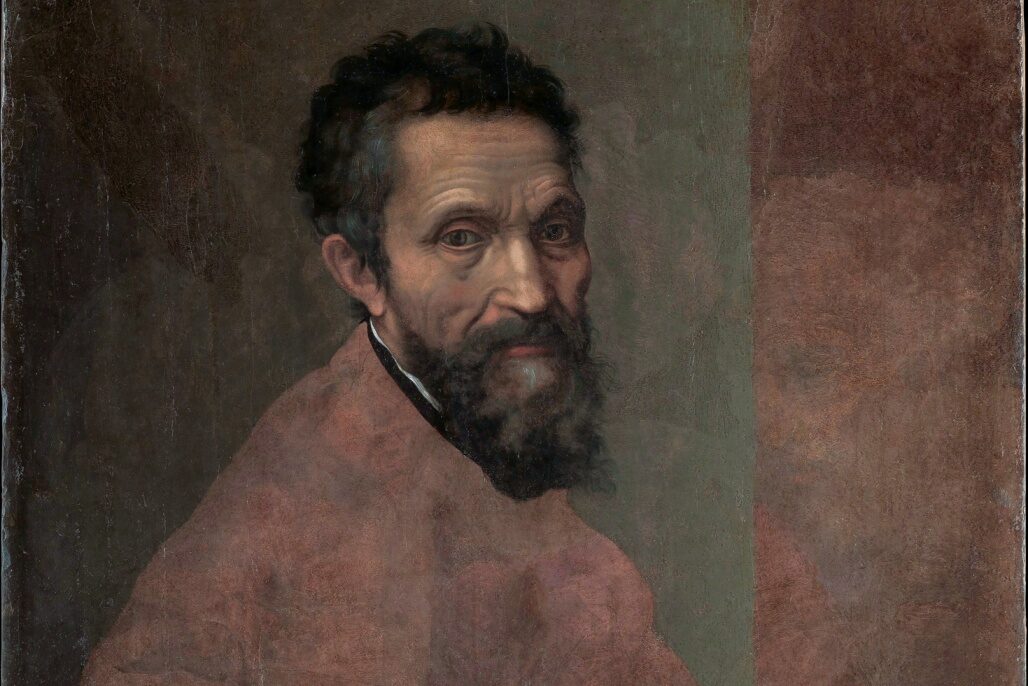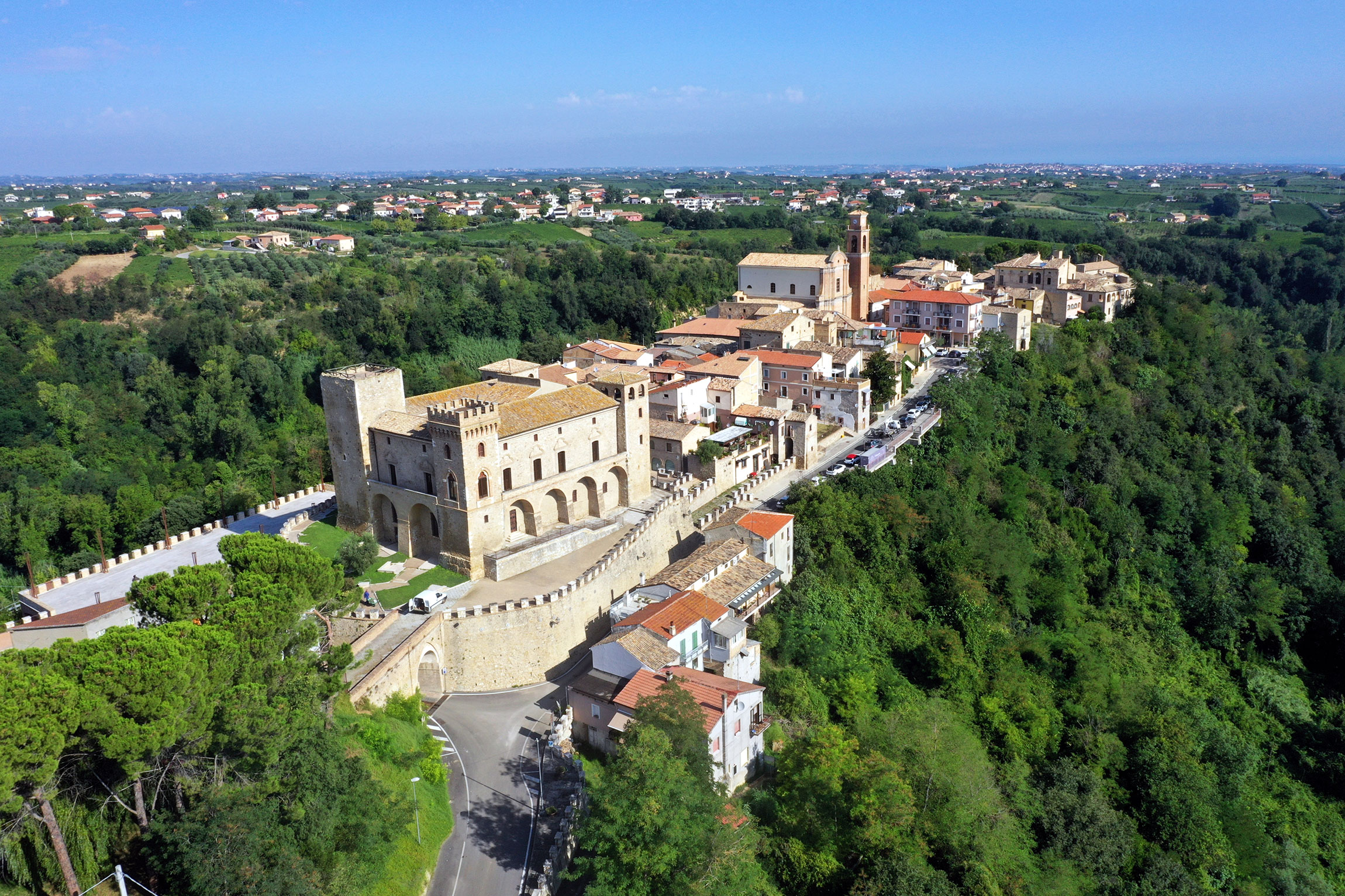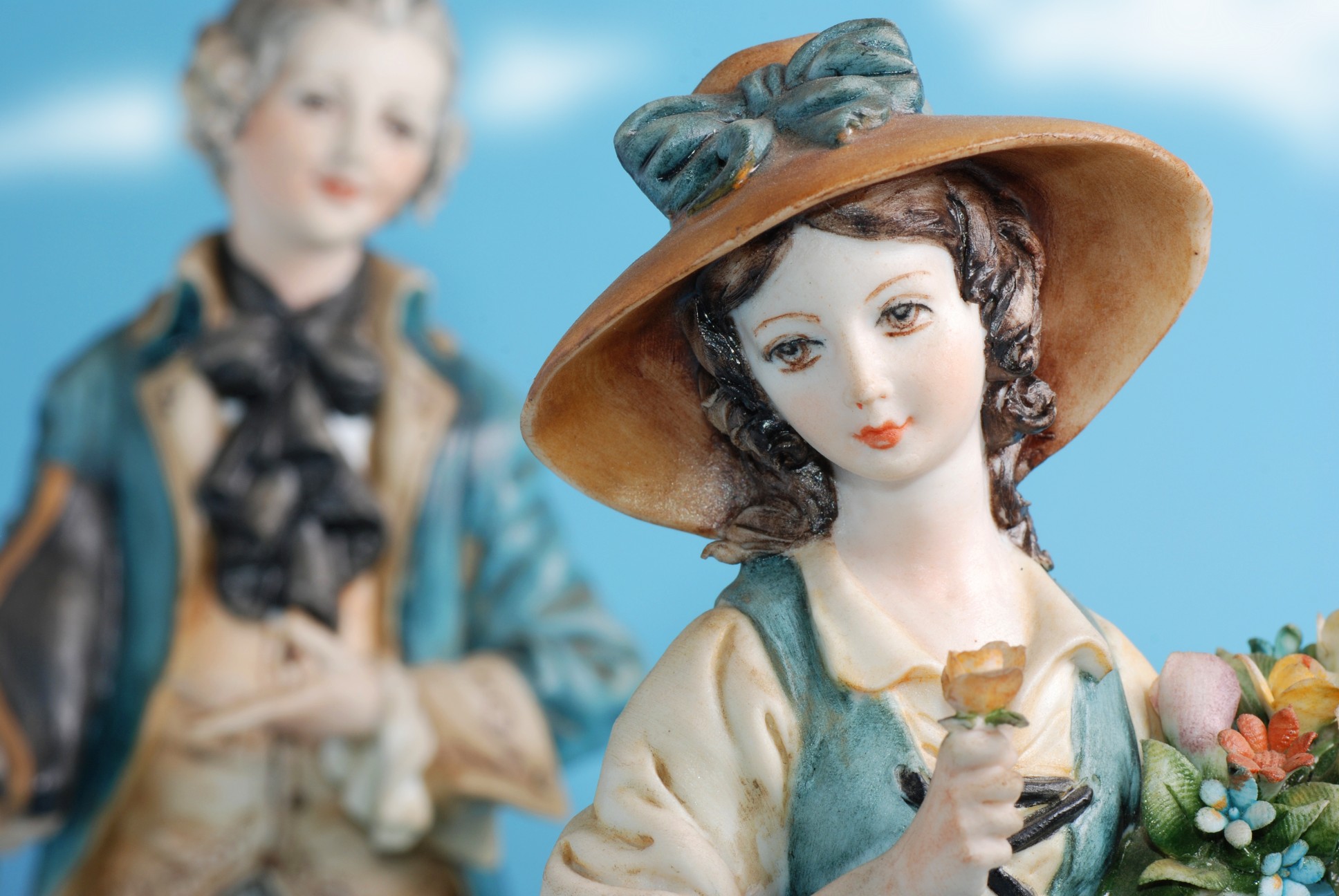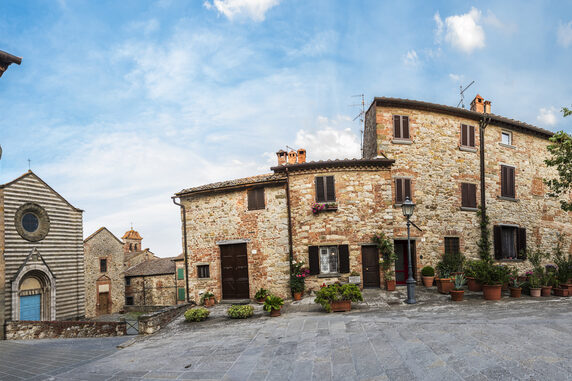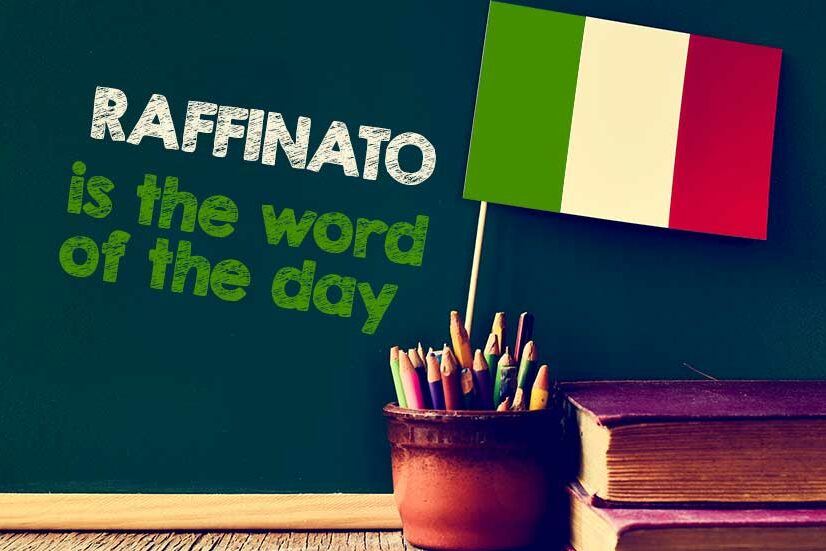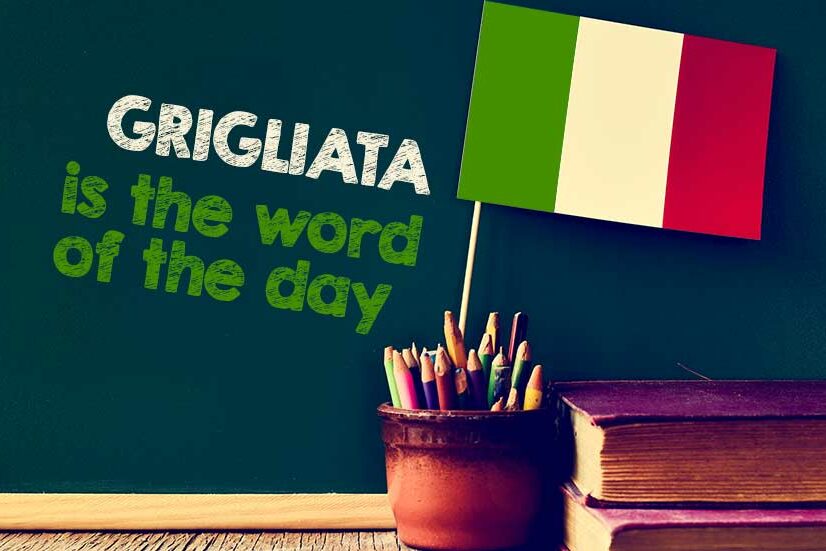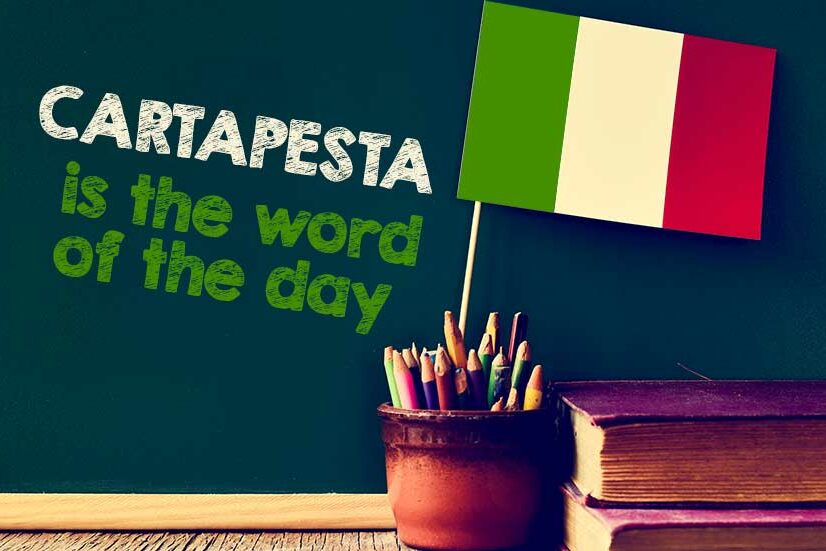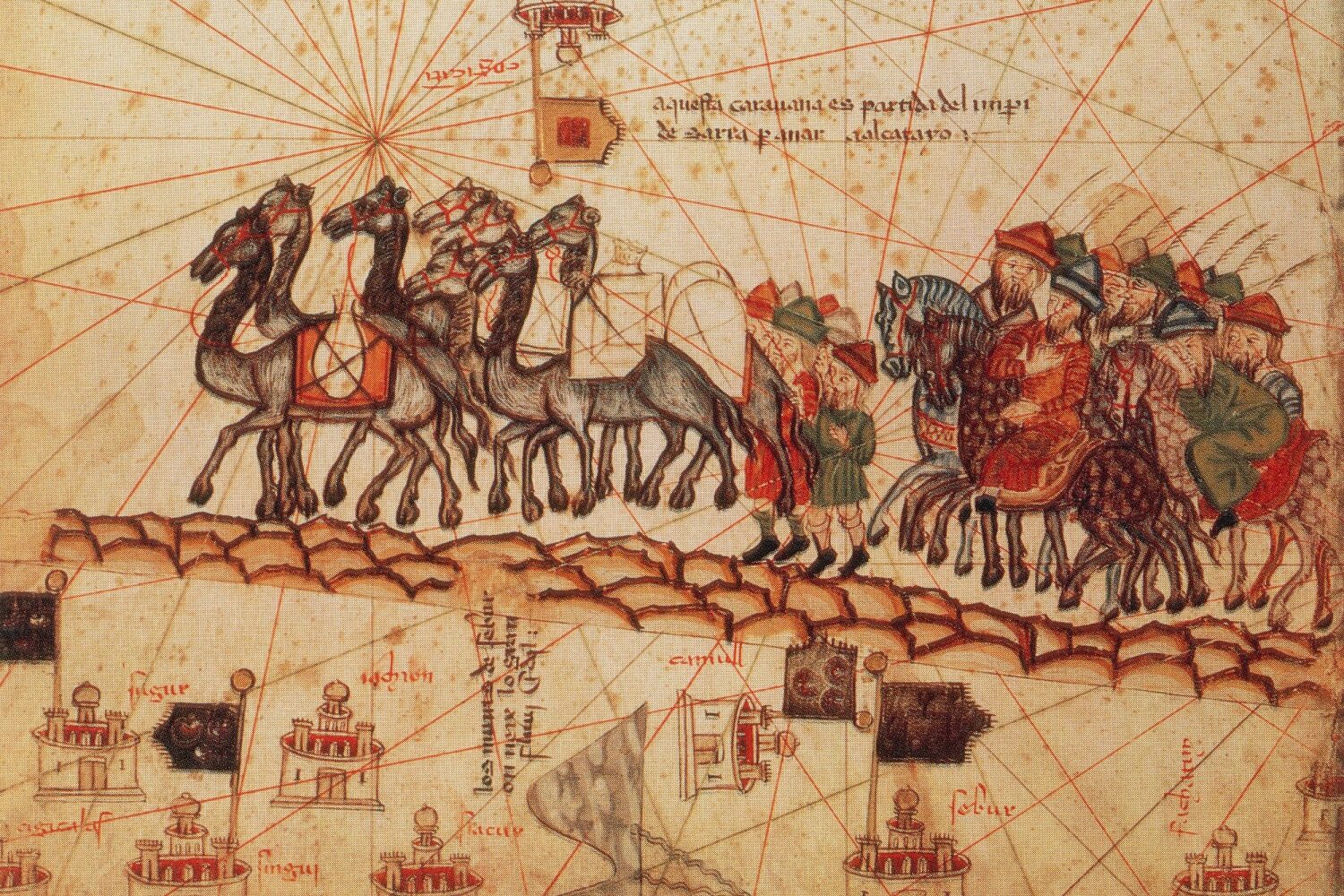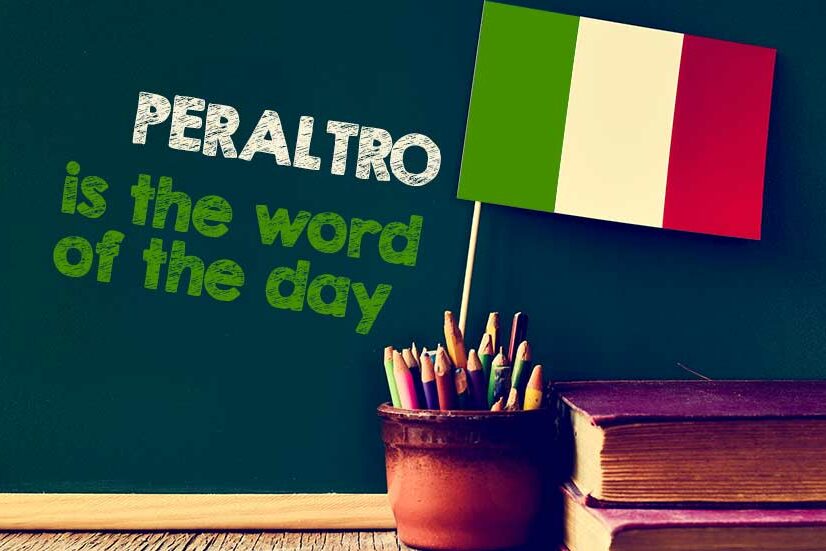Dear Readers,
June jottings with an Italian connection:
Italy’s “Festa Della Repubblica” (Italian Republic Day) celebrates the date, June 2, 1946, when Italians went to the polls to express their preference between a Republic and a Monarchy form of government. The last King of Italy, Victor Emmanuel III of the House of Savoy, had reigned for 46 years. However, for more than two decades, under fascism, “Il Duce” Mussolini was de facto ruler of Italy. In 1943, when Mussolini was deposed by vote of his own party council and imprisoned, as Southern Italy was near surrender to the Allies (he was rescued by Hitler and in broken health became puppet dictator of Northern Italy until he was executed by Italian partisans in April 1945), the King and Marshal Pietro Badoglio, who since the fall from power of Mussolini in July 1943 was the Prime Minister of Italy, had an opportunity to provide leadership for the people of Italy in September 1943 (after signing a secret unconditional surrender armistice agreement with Dwight Eisenhower, Allied Commander in Rome), but instead took flight thinking only about their own hides and left thousands of soldiers and civilians uninformed in disarray, facing the wrath of former German allies, and in some parts of Italy fighting against Allied forces.
By June 1944, the Allies took Rome and U.S. President Roosevelt declared jubilant “the first Axis Capital is in our hands. One up and two to go”. On June 4, 1944, King Victor Emmanuel III, in an effort to save crown and carcass resigned and his son Crown Prince Umberto became acting Head of State, but World War II still continued.
Berlin fell to the Allies in April 1945, Mussolini was executed by the partisans in Italy on April 28, 1945 and in Berlin, April 30, 1945, Adolph Hitler committed suicide. In the Pacific, WWII continued but after the atomic bombing of Hiroshima on August 6 and Nagasaki on August 9, Japan surrendered to the Allies on August 14, 1945 and General Macarthur formally accepted the Japanese surrender aboard the U.S. Aircraft Carrier Missouri on September 3, 1945.
On June 2, 1946, the year following the end of World War II, in a national referendum Italians with good memory voted to abolish the monarchy and turn their nation into a Republic.
For many months prior to the election in Italy, Italian newspaper editors in the United States, like Generoso Pope Sr. in New York urged thousands of “Il Progresso” readers to write to relatives in Italy and encourage them to vote out the monarchy and vote in “la democrazia”.
Despite all the postal persuasion of their U.S. “paesani”, the vote ending the monarchy was not a landslide but as they say “a miss is as good as a mile” and in June 1946, the Italian Republic, a democratic form of government, was proclaimed to replace the monarchy and “Viva la Democrazia”.
Ken Borelli, San Jose, Calif. I.A.H.F. historian, says that in addition to the letters written to relatives in Italy to vote out the Monarchy, it was the packages families sent to friends and relatives that strengthened our U.S.A. Italian connections. My father Vincenzo spent every Sunday possible preparing packages to send to Italy, because as I recall, each package had weight limits. My father never once used a box, but placed items in a pillowcase, sewed it shut, then dripped candle wax on the stitches to discourage tampering. On Mondays, it was my job to stand in line at the post office with my mother, to act as an interpreter if needed.
For Readers too young to recall the Italo-American post war postal efforts that helped toss out the Monarchy and ring in the “Repubblica”, I’ll share some of Ken Borelli’s recollections with you:
A little known family project many Italian Americans may be vaguely familiar with, was the sending of “care packages” to relatives and friends in World War II ravaged Italy. One of the many tragedies of the war was the loss of contact with friends and relatives in Italy. For some families those losses were “forever”. It was equally sad to hear the news or the plight of a particular family, village or town, after a 5 year news gap. This was tragic news, indeed, from parents, brothers, sisters, cousins and “paesani”. One way to try to copy with the situation was in the form of sending “care packages”. Ken recalls the “grown ups” sitting around the table deciding what to send, when to send it, and making sure every recipient had something. Ken’s grandparents and great grandparents never forgot their kin, and “la miseria” of the war the post war years.
The Borelli’s were just one family, but when you combine this truly grass root initiative, with literally thousands of Italian American families, you can begin to appreciate the significance of these packages to local villages and communities in war torn Italy. While this was a simple matter of helping your family out where ever possible, it did have strong political implications, especially regarding the political transformation of Italy. The elections of 1946 decided that the Monarchy was out and the Italian Republic was a reality. Ken recalls that when he met some Italian relatives for the first time and they talked about those “care package days”, a cousin explained that what was needed at the time were work shoes. When Ken asked how did people figure out sizes, he laughed and said they sent a piece of knotted string back in a letter for their shoe size.
We should never underestimate the simple acts of concern that these “care package” symbolized.
Yesterday, Today, Tomorrow, My Life by Sophia Loren. In her first memoir, actress Sophia Loren tells her incredible life story from the struggles of her childhood in war-torn Naples to her life as a screen legend, icon of elegance, devoted mother and grandmother.
In her acting career spanning more than six decades, Sophia Loren became known for her striking beauty and dramatic roles with famed costars Cary Grant, Frank Sinatra, Marlon Brando, Gregory Peck, Jack Lemmon, and Paul Newman. The luminous Italian movie star was the first artist to win an Oscar for a foreign language performance, after which she continued a vibrant and varied career that took her from Hollywood to Paris to Italy – and back to Hollywood. In Yesterday, Today, Tomorrow, Loren shares vivid memories of work, love, and family with a winning candor, deep feeling, and sense of humor.
Loren’s life of glamour and success was preceded by years of poverty and hardship. Born in 1934 and growing up in World War II Italy, she lived in her grandparents’ house with her single mother and sister, and endured near-starvation. She shares how she blossomed suddenly from a toothpick-thin girl into a beautiful woman, getting her start by winning a beauty pageant and starring in the new genre of photo-romance magazines, which eventually led to numerous memorable roles in Italian films. She recalls how her first Hollywood film, The Pride and the Passion, ignited a high-profile romance with Cary Grant, who would vie with her mentor, friend, frequent producer and lover Carlo Ponti to became her husband. Loren also reveals her long-held desire to become a mother, the disappointments she suffered, the ultimate joy of having two sons, and her happiness as a mother and grandmother.
Sophia lives in Europe and frequents Los Angeles, where her two sons and grandchildren live. Recently, her young grandson, while looking at a black-and-white film photo, blurted out: “Nonna, were you Chinese before?” “Nonna explained that it was the makeup she had worn that elongated her eyes in a striking way and was created by her makeup artist Goffredo Rocchetti. Yesterday, Today, Tomorrow is as entrancing and memorable as Sophia Loren herself.
